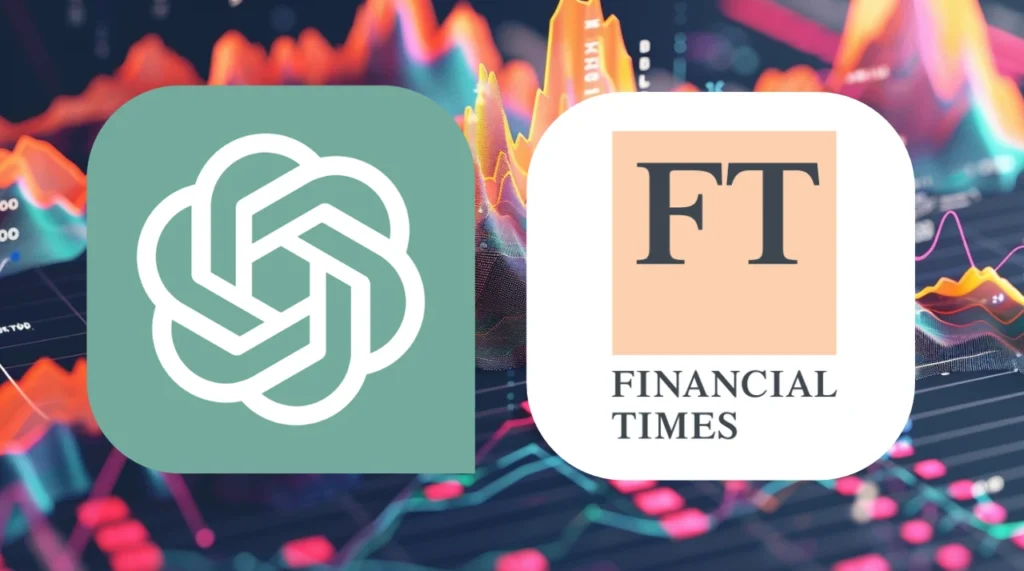Axel Springer SE and Microsoft Corp. have announced a cooperation that will span advertising, AI, content, and cloud computing. The Financial Times publishing group established a strategic alliance and licensing agreement with ChatGPT-maker OpenAI.
In order to provide them with the high-quality content required to train massive language models, more media companies and magazines are partnering with AI companies. In exchange, these businesses receive insights and tools driven by generative AI that can be used to further their operations.

For FT, it will be used to enhance ChatGPT with verified content and add its journalism to the models that OpenAI is developing, all the while developing AI services and products for FT readers.
In an official statement, OpenAI stated that early this year, FT became a ChatGPT Enterprise customer.
John Ridding, CEO of FT Group, welcomed the collaboration while emphasizing that the business was “committed to human journalism.”
Additionally, OpenAI stated that it wanted to work in journalism.
The goal of Brad Lightcap’s relationship and continuous communication with the Financial Times is to “discover innovative and fruitful ways for AI to empower news organizations and journalists, and enrich the ChatGPT experience with real-time, world-class journalism for millions of people worldwide.”
As part of this strategy, Axel Springer will use Microsoft Advertising as its ad server and integrate the POLITICO outlet. Additionally, plans call for expanding the usage of Azure AI capabilities, introducing AI-driven chat experiences for readers, and providing readers with more premium content from Business Insider, POLITICO, BILD, and WELT.

But not all media firms agree that AI behemoths are obtaining content for their products in an ethical and lawful manner.
The New York Times filed a lawsuit against OpenAI and its supporter Microsoft towards the end of last year, alleging that the two companies violated copyright and utilised the newspaper’s articles to train their AI models.
These claims have been denied by OpenAI, which has previously defended the creative use of public media.



